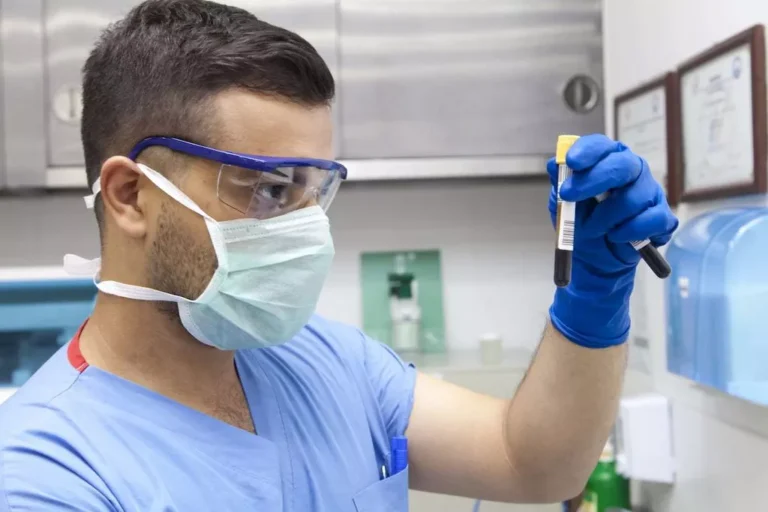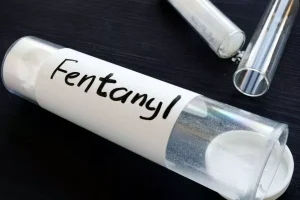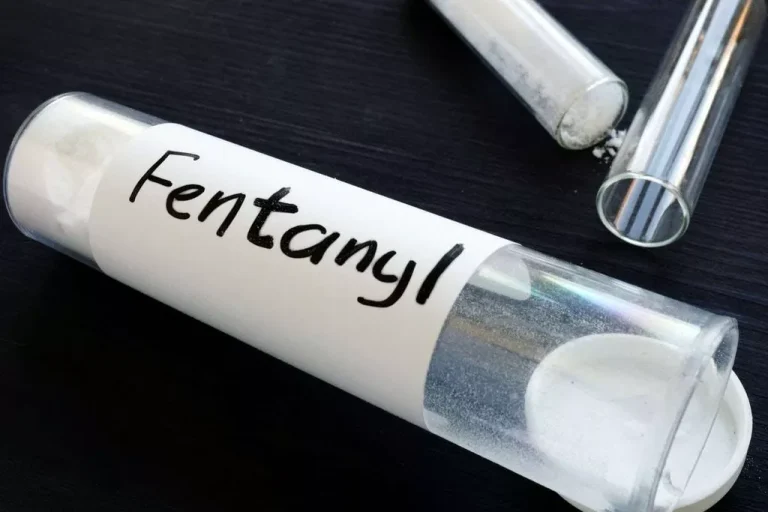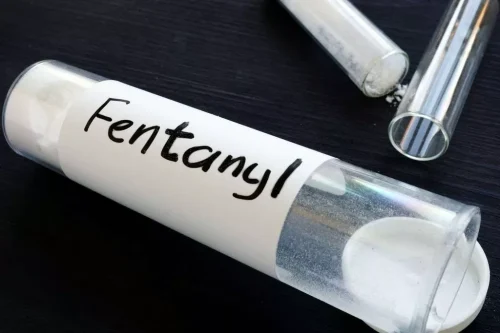
Exploring new activities, finding a supportive community, and leaning into the other tips above can help you start to rebuild confidence. First, think about why you enjoy working out in the first place. Maybe it’s the social aspect of meeting your friends for spin class after work. Then, your goal is to find other ways to get a similar feeling.

Help inspire others by sharing your story with us.

John’s key responsibilities include maintaining the day-to-day operations from both a clinical and housing perspective. John’s goal is to monitor every department to ensure proper policies and procedures are in place and client care is carried out effortlessly. John joined Amethyst as a behavioral health technician where he quickly developed strong personal relationships with the clients through support and guidance.
Don’t Sugarcoat It

We accept personal stories and articles related to suicide prevention and mental health. Millions of Americans have struggled with substance abuse or alcohol addiction. Yet there continues to be mainstream silence on these issues because of the negative stigma surrounding drug addiction.
How to Tell Your Recovery Story
- These stories not just heal individuals but also influence readers’ attitudes and actions towards addiction.
- Your journey from addiction to recovery is a defining experience in your life.
- One quick note should be made for those whose stories include a relapse.
- Storytelling plays an important role in supporting members’ sobriety.
- Addison Aloian is the assistant love & life editor at Women’s Health and a NASM-certified personal trainer (CPT).
You might choose to include your previous attempt(s) at recovery under the banner of “what things were like,” and focus on why things are different this time around. This will not likely be a lengthy part of your story, but it is a pivotal one. For all, it will provide a transition between what things were like and what things are like now.
The Influence of Personal Stories on Attitudes, Behaviors, and Actions
You’re more likely to stay focused on your recovery when you remember what were likely the darkest days of your life. One example of the power of sharing recovery stories is Alcoholics Anonymous, founded in 1935. It has helped many individuals with alcohol addiction, by giving them a platform to share their experiences. The fellowship sharing your story in recovery and support offered at AA meetings, with the aid of personal stories, have helped many overcome their addiction, while lessening judgements around alcoholism.
In addition to Women’s Health, her work has also appeared in Allure, StyleCaster, L’Officiel USA, V Magazine, VMAN, and more. You don’t have to master a new skill and be excellent at it overnight, by the way. (Even working on a home reno project can suffice!) If you try a new hobby and aren’t great at it, give yourself some grace. “Athletic people are pretty driven, so exploring new hobbies can be a real humbling process,” she says. Don’t have a friend who’s currently fighting an active addiction?

What to Prepare for After You Tell Your Story
- By recounting past struggles, challenges, and triumphs, individuals are reminded of what they have overcome and how much they have grown.
- Telling your story can help your own recovery journey, heal the hurt your loved ones have experienced, and offer encouragement and support to others battling addiction.
- The 12 Steps of Alcoholics Anonymous are incredibly well-known and their reach extends far beyond addiction recovery circles.
- The next part of your story will focus on how the cycle was broken.
- Sharing your story not only offers hope to others in recovery but also to their loved ones.
They learn valuable life lessons and develop coping skills. These narratives show that addiction is a condition that can be treated with the right help. Sharing your recovery story provides a roller coaster ride of honesty and inspiration. Choose the right moment to share your story and support others on their path.